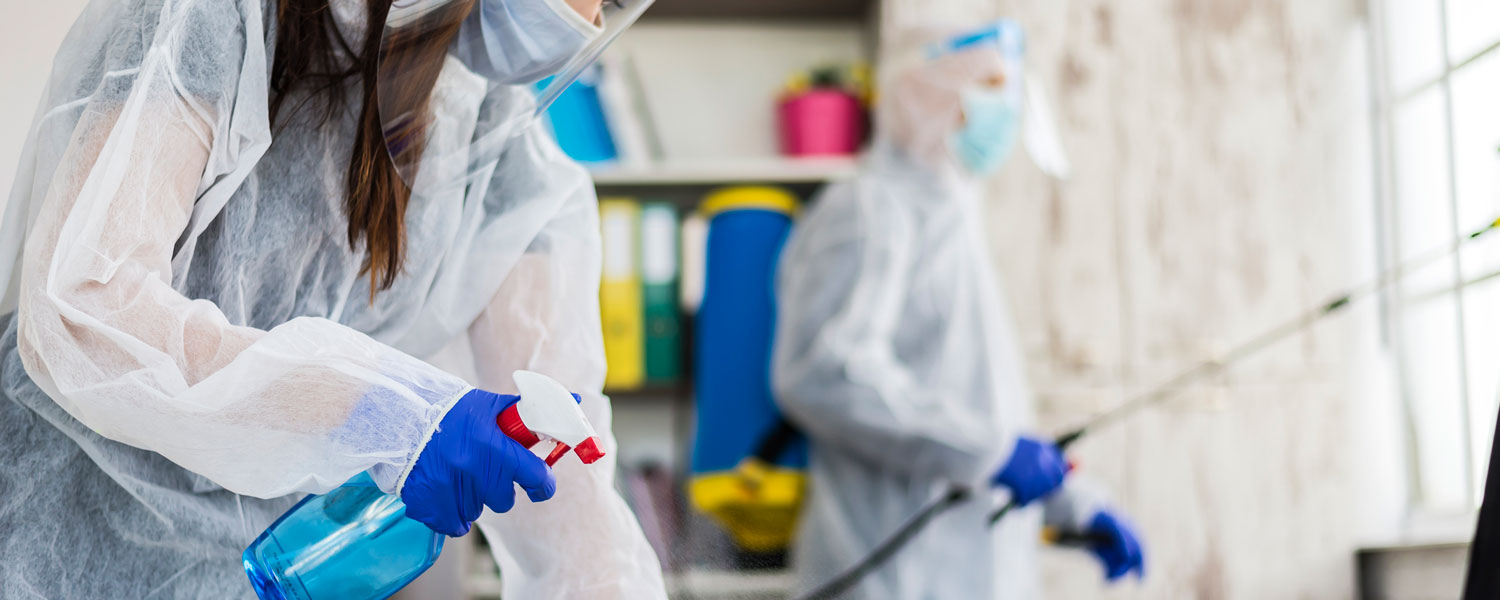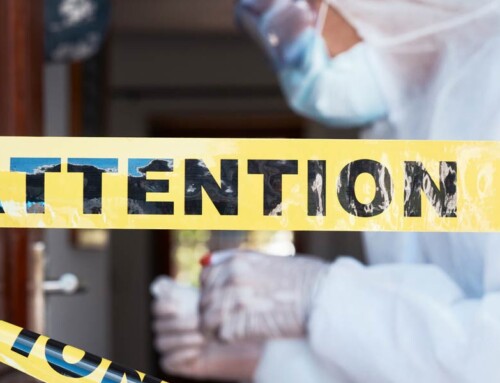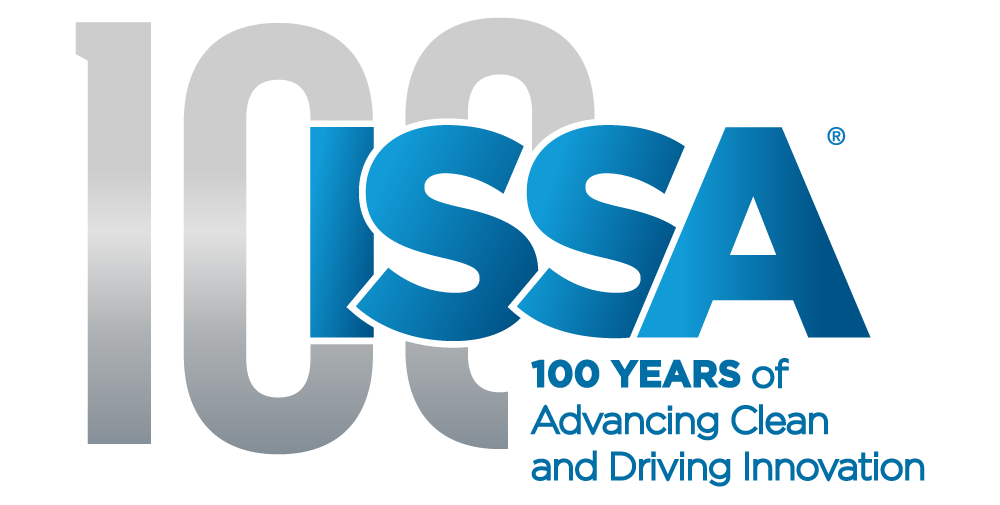What Is a Medical Cleaning Certification? Standards for Healthcare

What Is a Medical Cleaning Certification?
A medical cleaning certification is a credential that verifies a cleaning company’s ability to meet the rigorous hygiene standards required in healthcare environments. These certifications, such as ISSA’s Healthcare Surfaces Institute (HSI) Certification, ensure cleaning practices reduce infection risks, comply with regulations, and create safer spaces for patients, staff, and visitors. Achieving such a certification demonstrates professionalism and positions cleaning companies as trusted providers in the healthcare industry.
Healthcare facilities rely on certified cleaning providers to maintain strict hygiene and safety standards. These credentials are a vital part of infection prevention and compliance with health regulations, which benefit not only the facility but also public health as a whole.
The Importance of Medical Cleaning Certifications
Healthcare facilities require higher cleanliness levels than most other environments. Medical cleaning certifications provide assurance that cleaning practices align with the stringent requirements of healthcare settings. Certified providers ensure that high-touch surfaces, shared spaces, and specialized equipment are cleaned and disinfected using industry best practices.
Medical cleaning certifications are recognized by healthcare administrators and regulatory bodies, offering a reliable benchmark for quality. For example, they align with guidelines from organizations like the Centers for Disease Control and Prevention (CDC), which establish protocols to prevent healthcare-associated infections (HAIs). For more details on healthcare-associated infections, explore the CDC’s HAI guidelines.
Key Features of a Medical Cleaning Certification
A medical cleaning certification encompasses several essential elements designed to promote hygiene and safety in healthcare environments:
- Infection Control Measures: Certifications require adherence to strict protocols for disinfecting high-touch surfaces and preventing cross-contamination, reducing the spread of infections.
- Regulatory Compliance: Certified providers meet industry regulations set by OSHA, the CDC, and other health authorities, ensuring safe and legal operations.
- Specialized Training Programs: Cleaning staff receive training on the proper handling of biohazards, medical equipment, and waste disposal to maintain compliance with healthcare standards.
These features collectively ensure that cleaning companies are equipped to meet the unique challenges of healthcare environments.
Benefits of a Medical Cleaning Certification
Achieving a medical cleaning certification provides advantages for both cleaning providers and healthcare facilities:
- Increased Trust: Certification signals a company’s commitment to quality and safety, building confidence among healthcare clients.
- Operational Consistency: Standardized cleaning protocols enhance service reliability, ensuring consistent results across all client sites.
- Legal Protection: Compliance with health and safety regulations minimizes liability risks for both the cleaning provider and the facility.
These benefits highlight the value of certifications for companies seeking to establish themselves as leaders in the healthcare cleaning industry.
How to Obtain a Medical Cleaning Certification
The certification process involves several steps that prepare a cleaning company to meet healthcare standards:
- Self-Evaluation: Companies assess their current cleaning practices to identify gaps in compliance with industry guidelines.
- Staff Training: Employees receive instruction on infection control, disinfection techniques, and regulatory compliance.
- Application and Audit: The company submits an application and undergoes an on-site audit by a certification body to verify adherence to standards.
- Ongoing Compliance: Certification must be maintained through periodic assessments and updates to cleaning protocols.
By completing these steps, cleaning providers can earn certification and gain a competitive edge in the healthcare sector.
The Role of ISSA’s HSI Certification
ISSA’s Healthcare Surfaces Institute (HSI) Certification serves as a comprehensive framework for companies pursuing a medical cleaning certification. HSI emphasizes operational excellence, quality assurance, and environmental responsibility, making it a trusted choice for healthcare cleaning providers.
- Tailored Standards for Healthcare: HSI Certification can be customized to meet the specific needs of medical facilities, ensuring providers meet strict hygiene requirements.
- Continuous Improvement: The certification promotes ongoing staff training and protocol updates, helping providers stay ahead of industry changes.
To learn more about HSI Certification, visit the Healthcare Surfaces Institute website.

How Certified Providers Improve Healthcare Outcomes
Certified cleaning providers play a crucial role in enhancing healthcare outcomes by reducing the spread of infections and maintaining clean, safe environments. For instance, they follow detailed protocols to sanitize patient rooms, operating theaters, and high-traffic areas, ensuring that all spaces meet hygiene standards.
These efforts directly impact patient recovery, staff well-being, and public trust in healthcare facilities. By working with certified providers, healthcare administrators can meet their responsibility to ensure the highest standards of cleanliness.
Why Certification Matters for Healthcare Facilities
Partnering with certified cleaning providers offers healthcare facilities several key advantages:
- Compliance and Risk Reduction: Certified providers ensure compliance with health regulations, reducing legal and operational risks for facilities.
- Enhanced Reputation: Certification demonstrates a commitment to quality, reassuring patients and staff that hygiene is a top priority.
By prioritizing certified providers, healthcare facilities can foster safer, more reliable environments for all users.
Conclusion
Medical cleaning certifications are an essential tool for maintaining safe and hygienic healthcare environments. They provide cleaning companies with the skills and credentials needed to meet the unique challenges of the healthcare industry. For healthcare facilities, partnering with certified providers ensures compliance with industry standards and supports better outcomes for patients and staff.
For more information on achieving excellence in healthcare cleaning, visit the HSI Certification page. To explore CDC guidelines on healthcare-associated infections, visit the CDC HAI page.

















